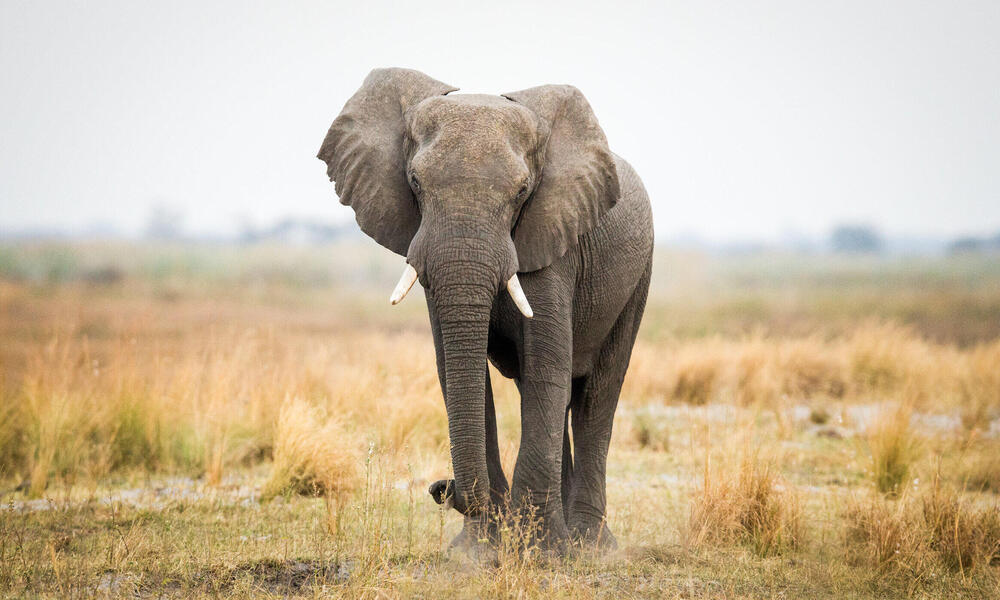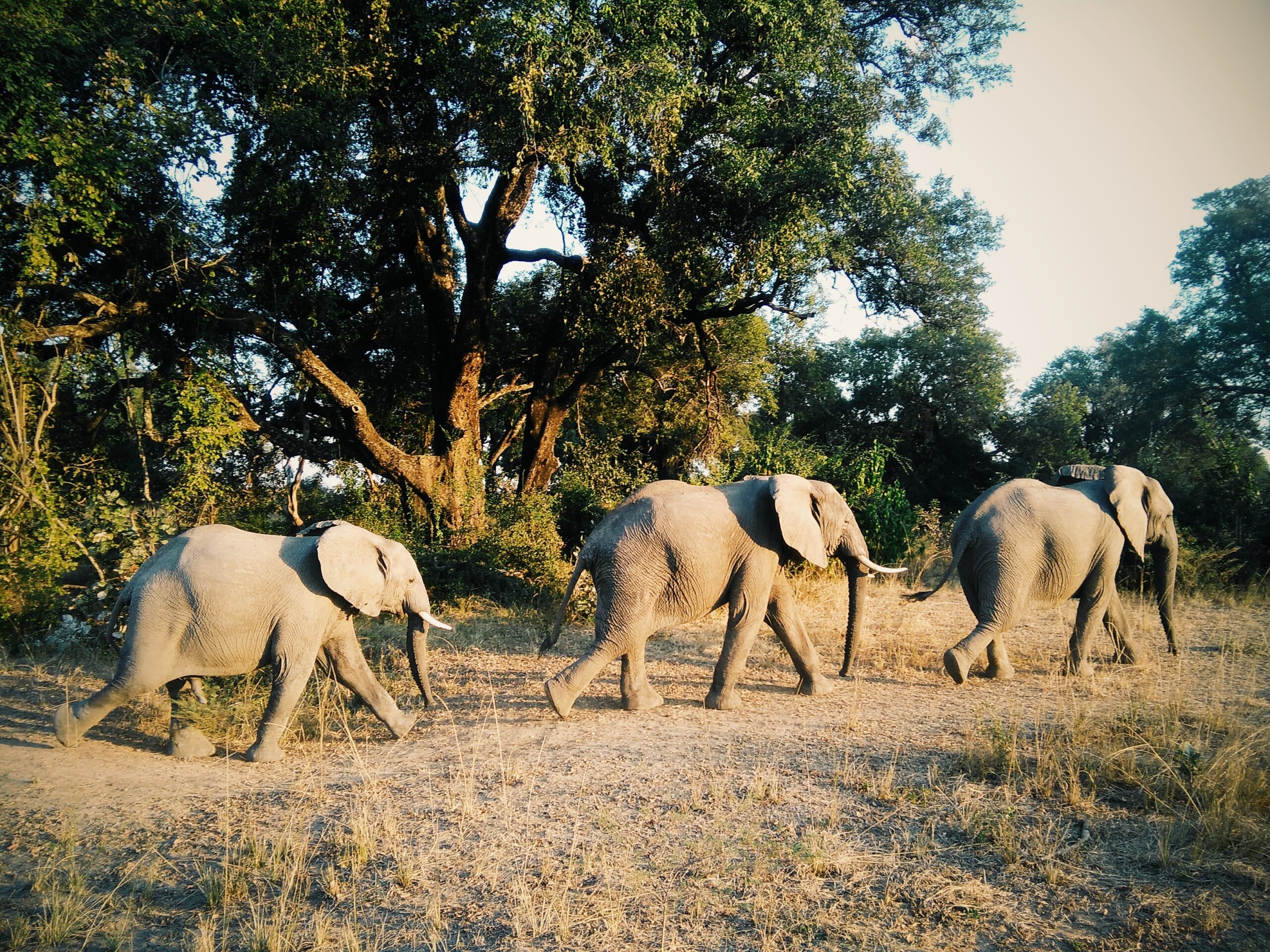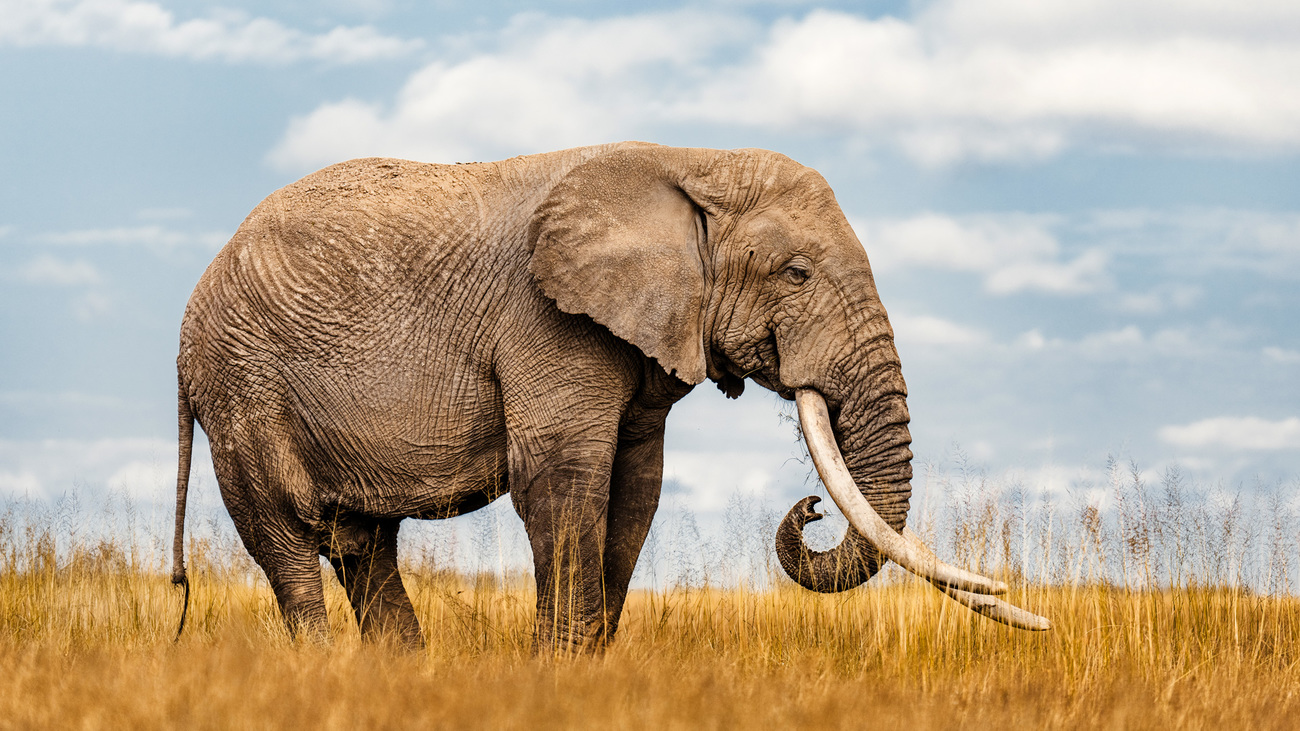Published by Wild Earth Safari
Elephants, the gentle giants of the wild, are a true marvel of nature. They are the largest land mammals on Earth, embodying both grandeur and grace. Despite their massive size, elephants are known for their friendly demeanor, making them a favorite among humans, especially children. In Indian culture, they are affectionately referred to as “Haathi mere Saathi,” meaning “Elephant my friend,” highlighting the bond of companionship and admiration people feel towards them. However, there is so much more to elephants than their amiable reputation as rides or cultural icons. Let’s delve into some fascinating facts about these incredible creatures.
Life and Longevity

Elephants enjoy a remarkable lifespan, often living up to 70 years in the wild. Their longevity makes them one of the longest-living mammals, second only to certain species like whales. During their lifetime, elephants exhibit deep social bonds, live in close-knit herds, and display behavior that reveals their intelligence and emotional depth.
Physical Marvels
The elephant’s physical features are a testament to its evolutionary success. It has the largest brain of any land animal, weighing approximately 5 kilograms, and this contributes to its well-documented intelligence. Their iconic tusks, which are elongated incisors made of ivory, serve multiple purposes, including digging for water, stripping bark from trees, and self-defense. Sadly, these tusks have also made elephants a target for poaching, threatening their survival.
Unique Eating Habits
Known as voracious eaters, elephants dedicate about 16 hours of their day to foraging. Their diet includes grass, fruits, bark, and leaves, consuming up to 150 kilograms of food daily. This relentless appetite underscores the importance of conserving vast habitats to sustain these magnificent creatures.
Adaptations for Survival

Elephants have several adaptations to thrive in their environments. Their large, flapping ears are not just for hearing; they act as natural cooling systems. The blood vessels in their ears help regulate body temperature in hot climates. The trunk, an extraordinary organ, is used for breathing, smelling, lifting objects, and even expressing affection.
The Heart of an Elephant
An elephant’s heart is as remarkable as its other features, beating at a slow 27 beats per minute, much lower than that of many other animals. This slow rhythm reflects their calm demeanor but belies their immense strength and endurance.
Social and Emotional Intelligence
Elephants are not just physically impressive; their emotional intelligence is equally astounding. They exhibit behaviors such as mourning their dead, celebrating births, and even showing compassion for other species. Their memory is legendary, allowing them to recognize locations, other elephants, and even humans after years of separation.
Reproduction and Family Structure

Female elephants, or cows, undergo one of the longest gestation periods in the animal kingdom, lasting about 22 months. Once the calf is born, it becomes the center of attention in the herd, cared for by its mother and other females in the group. Male elephants, or bulls, often leave the herd upon maturity but maintain social connections with other males.
Challenges in Keeping Elephants
While the idea of having an elephant as a pet might seem enchanting, it is an impractical endeavor. Elephants require vast amounts of space, an expensive diet, and specialized care. They belong in the wild, where they can roam freely and live as nature intended.
Wildlife Tourism: A Gateway to Conservation
At Wild Earth Safari, we believe that elephants play a crucial role in fostering a connection between humans and the wilderness. Our Tadoba Tigers and Corbett Elephant Tour offers an unparalleled experience where guests can witness these magnificent creatures in their natural habitats. Through such tours, we aim to promote conservation by raising awareness and generating resources to protect wildlife.
A Legacy of Leadership and Conservation
Our founder, inspired by his passion for wildlife, has spent over three decades working towards the preservation of India’s iconic species. Wild Earth Safari embodies a mission of “Conservation through Tourism,” focusing on creating sustainable travel experiences that benefit both wildlife and local communities.
A Lesson in Leadership from the Wild
Just as elephants symbolize wisdom, resilience, and cooperation, there are countless lessons to be drawn from the wild. At Wild Earth Safari, we advocate applying these lessons to life and leadership. Observing elephants and other wildlife inspires us to lead with empathy, adaptability, and a vision for the greater good.
Experience the Adventure
Whether it’s the heart-pounding excitement of a tiger safari or the serene joy of watching elephants graze in their herds, Wild Earth Safari offers curated experiences for every wildlife enthusiast. With carefully planned itineraries, expert guides, and ethical practices, we ensure that your journey not only enriches your life but also contributes to the preservation of nature.
Why Choose Wild Earth Safari?
- Expertise in Wildlife Tourism: With over 30 years of experience, we bring unparalleled knowledge and passion to every safari.
- Focus on Sustainability: Every tour supports conservation efforts and local communities.
- Customized Experiences: Tailored packages ensure a unique and memorable adventure.
Explore the Wild with Us
Join us in celebrating the beauty and majesty of the wild. From elephants to tigers, every creature has a story to tell, and we invite you to be a part of it. Together, let’s create a world where wildlife thrives and the bond between humans and nature grows stronger.
Embark on your next adventure with Wild Earth Safari—the gateway to the untamed wonders of the world.

